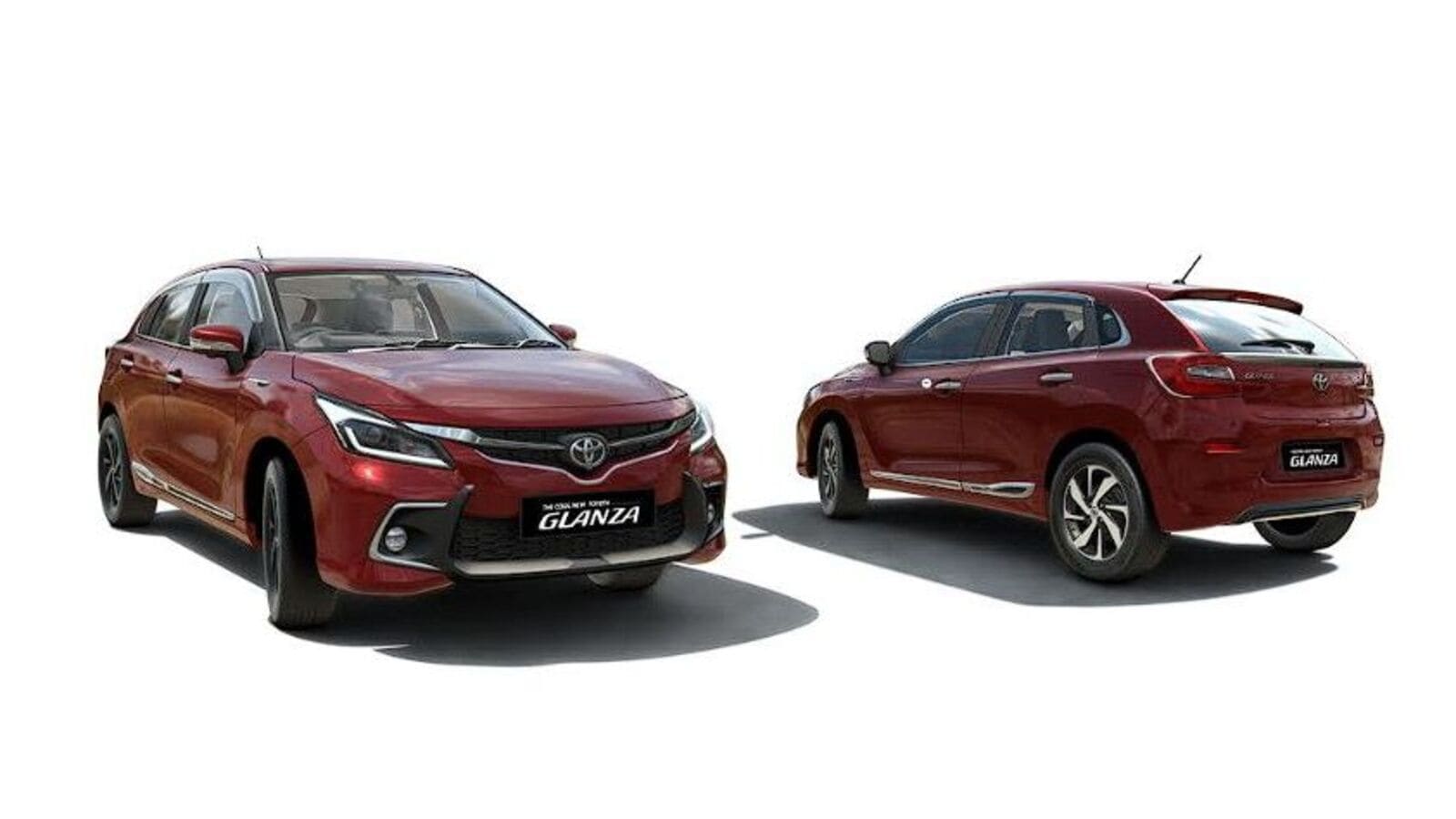European automakers including Volkswagen and Jaguar Land Rover had to pay $552 million in fines for missing CO2 emission targets in 2020, the first year new regulations were put in place, according to a new report.
While CO2 emissions pooling among companies and making more BEVs have radically slashed those fines in recent years, the next big push will be next year, as targets tighten again.
In 2020, the first year new regulations were put in place, European automakers paid about €510 million ($552 million) in fines for missing their CO2 targets, according to Automotive News Europe.
Volkswagen and Jaguar Land Rover were among the hefty fine payers, with VW saying that it had paid more than €100 million ($106 million) in fines for missing its 2020 target by 0.75 grams per km. In October 2021, Jaguar Land Rover said that it had paid a fine of about £35 million, or about $43.5 million, after missing its target by about 3 grams/km.
Added to the list are Suzuki, Subaru, Bentley, DR Motor, Lamborghini and McLaren, although exact fines paid by each automaker were not determinable.
From Automotive News Europe:
Suzuki missed its target by 10.4 g/km, according to EU figures, translating to a fine of nearly €1,000 per vehicle. With 160,570 registrations counting toward the target, fines would be about €160 million euros.
Subaru missed its target by 34 grams, or a fine of €3,230 per vehicle. With 16,176 registrations, fines would be about €52 million.
The CO2 target for 2020 was 95 grams per km on the old NEDC test cycle, or about 120 g/km on the new WLTP cycle. It’s a highly complex system too with scores of entities with individual targets, including regional subsidiaries or van and truck divisions, etc. Each automaker, too, has a target based on mass, meaning heavier cars and SUVs are allowed to register higher emissions.
Failure to comply with the rules comes at a cost, a €95 ($102) fine for every vehicle registered in the EU, multiplied annually by each CO2 g/km above the target. That money goes into an EU general fund, the report added.
To avoid paying fines, automakers have used a strategy of joining together with other brands in emission pools, with some partnering with companies prioritizing or only selling EVs, such as JLR and Honda joining with Tesla, or VW joining with SAIC. That strategy, in addition to making and selling more BEVs in recent years, has helped automakers avoid fines. In 2021, companies paid €10 million, according to the report, so a substantial drop.
Looking at 2022, the latest results available, which were released by the European Commission in March, the only manufacturer of the 91 registered automakers to miss its target was Bugatti. Since the company only sold 30 cars in Europe that year, they let Bugatti off the hook.
In 2025, the EU will require a 25% reduction of fleet emissions from new passenger cars sold in Europe, or an overall figure of 93.6 g/km on the WLTP cycle, compared to 2021 figures. From 2030-34, the figure will be 49.5 g/km, a 55% decrease from 2021. In 2035, only zero-emission vehicles can be sold in the EU – that is, if automakers aren’t successful in their push to change that.
FTC: We use income earning auto affiliate links. More.




